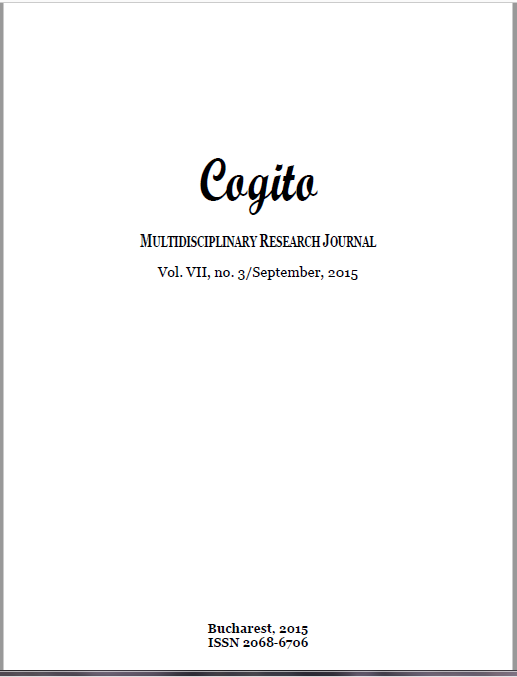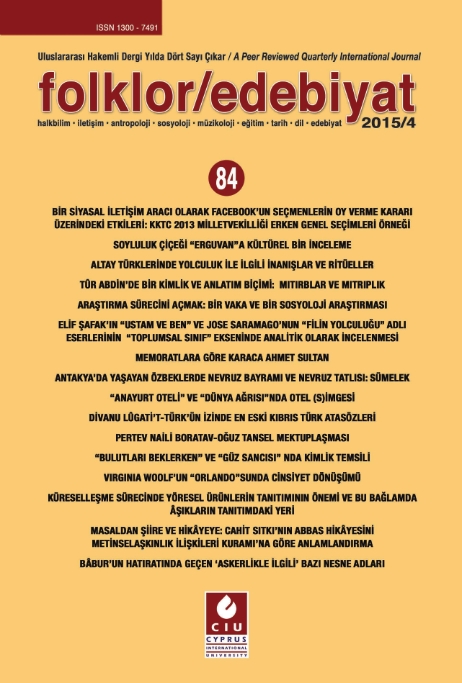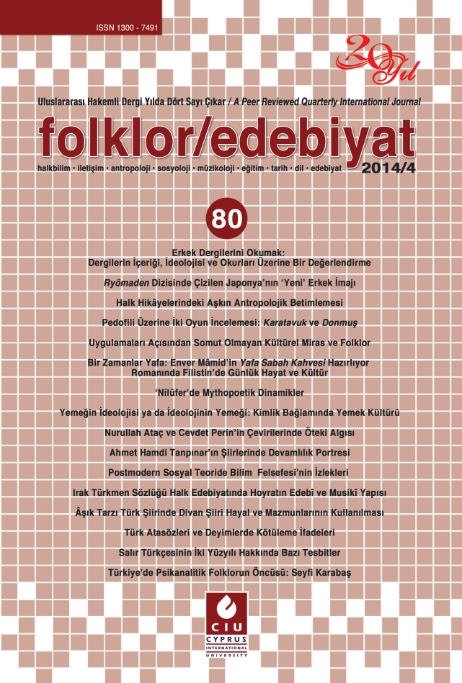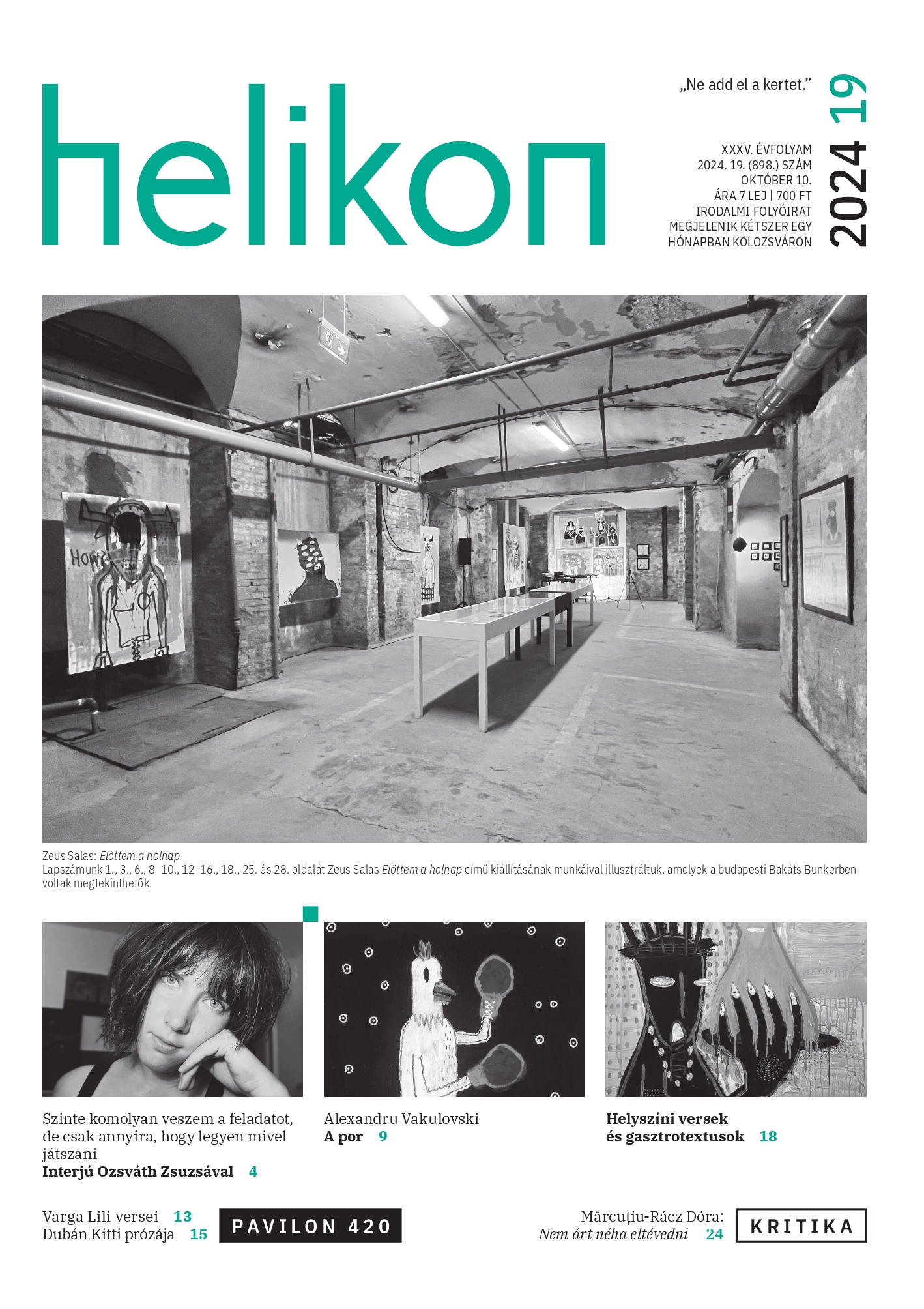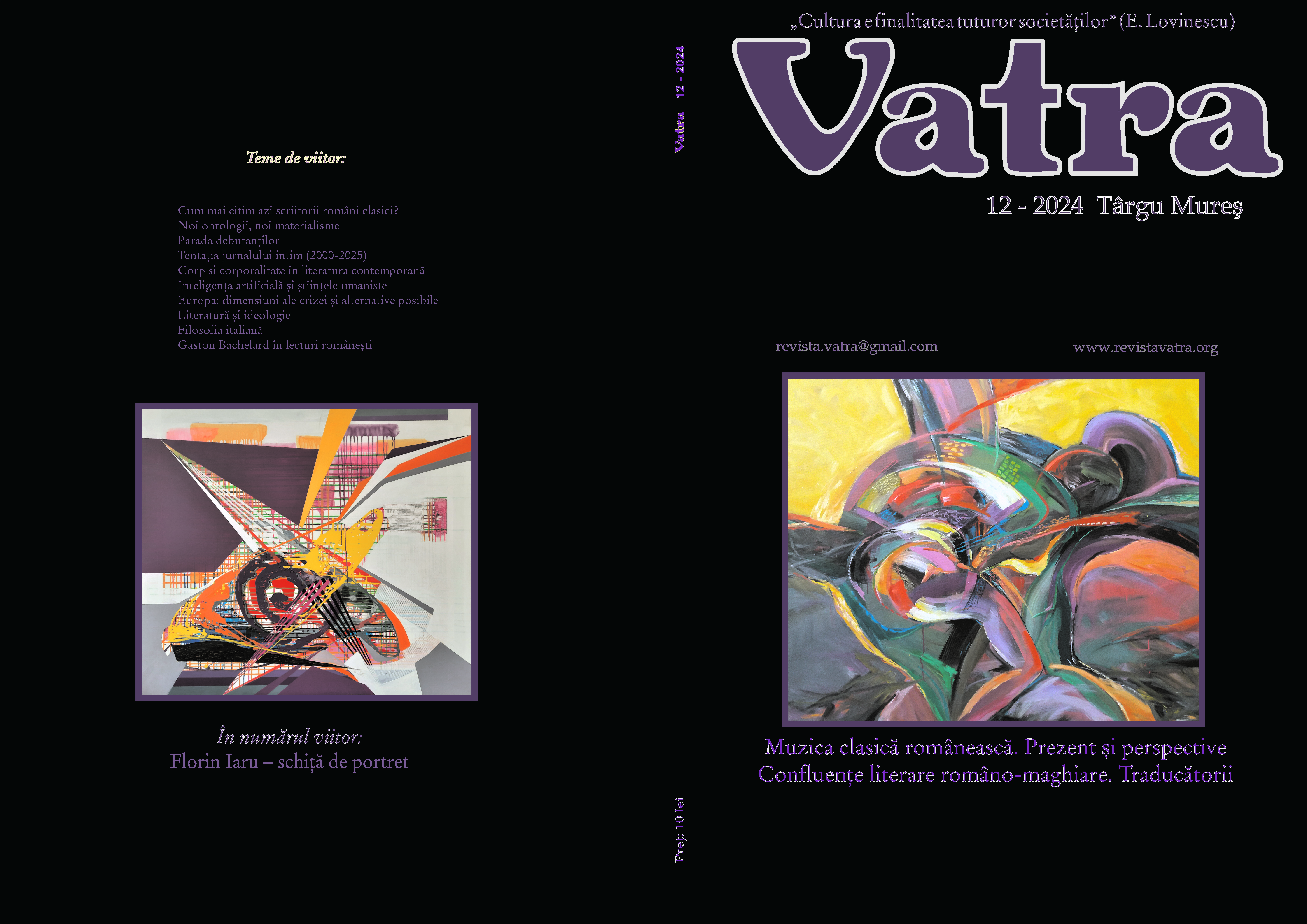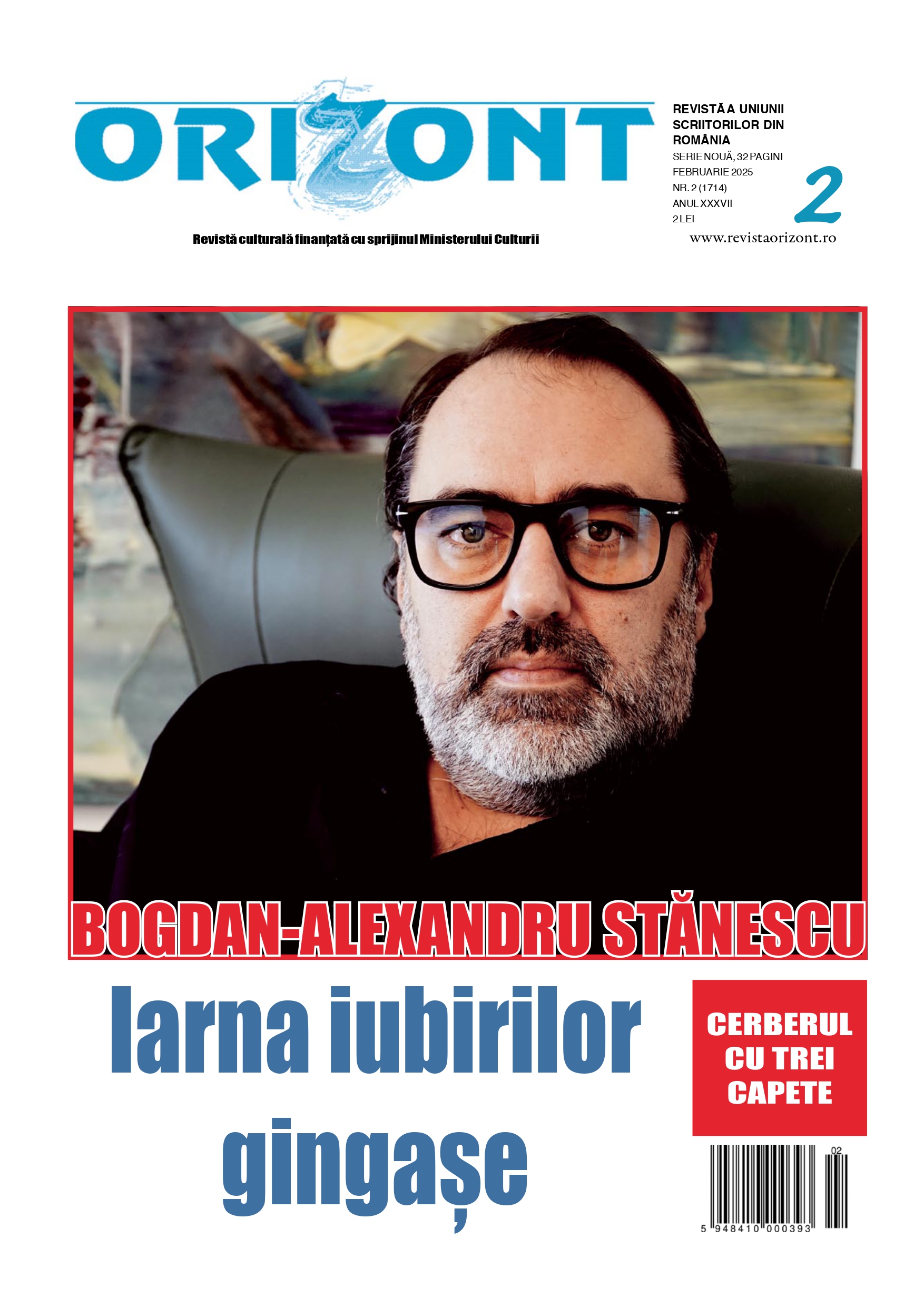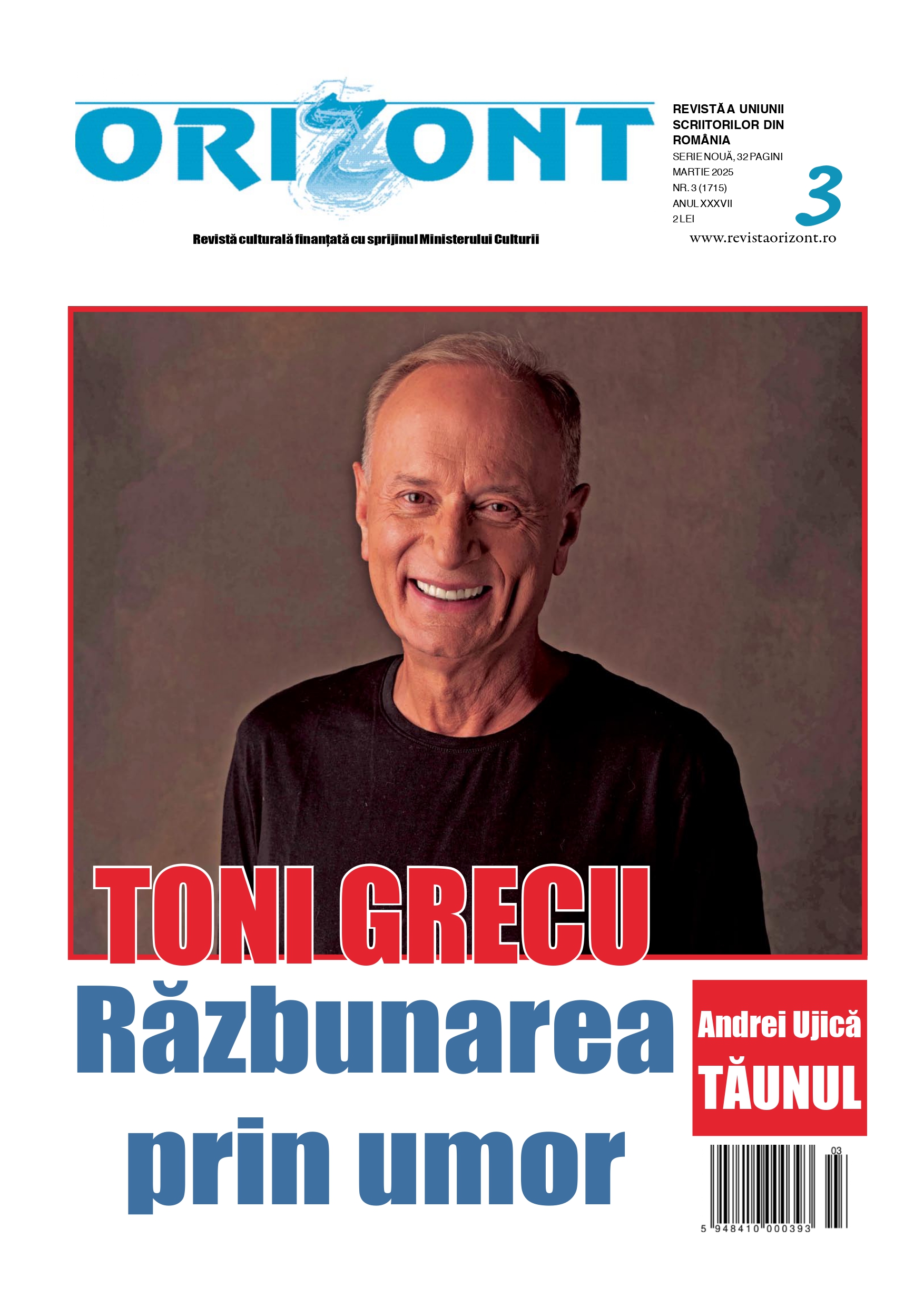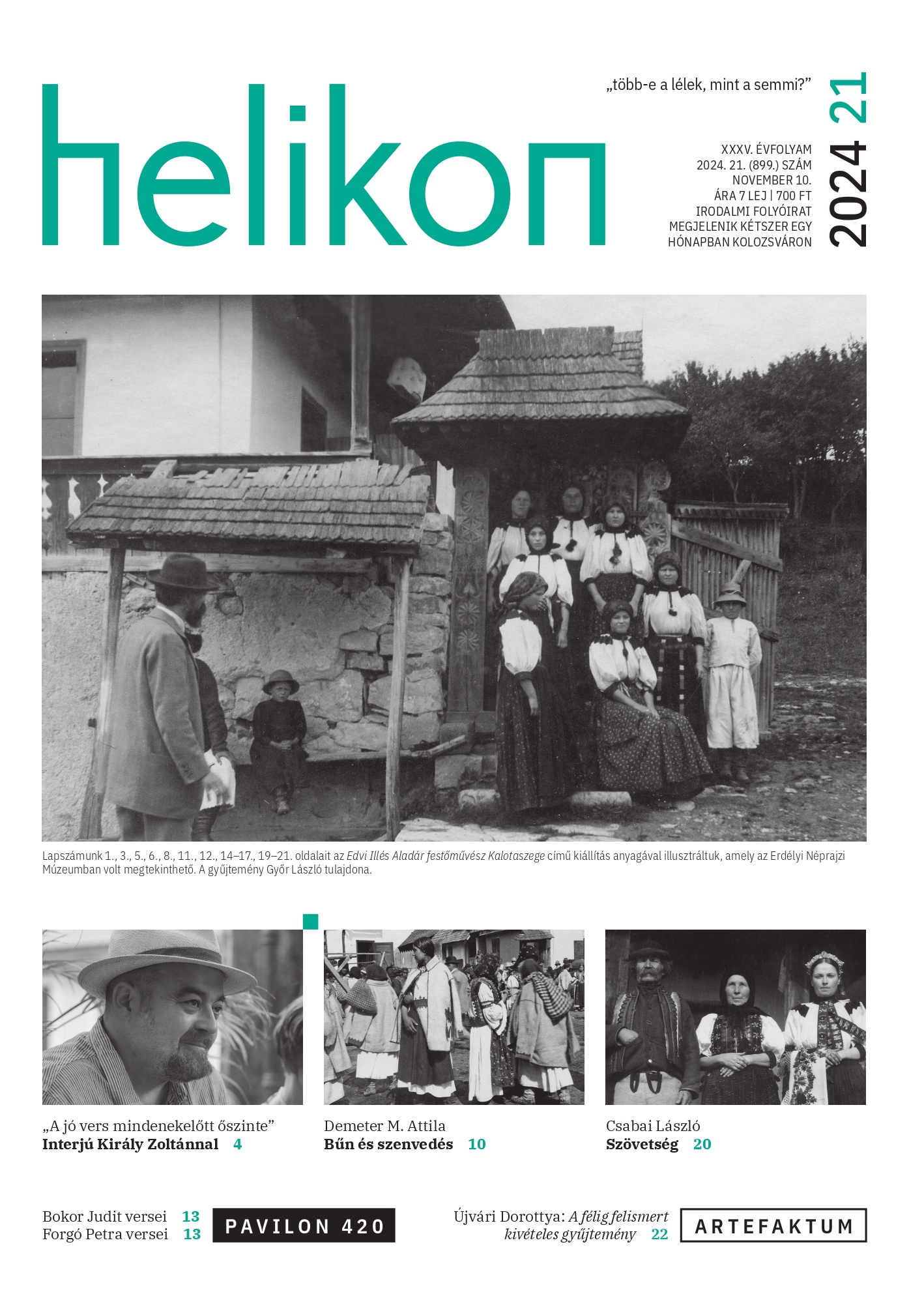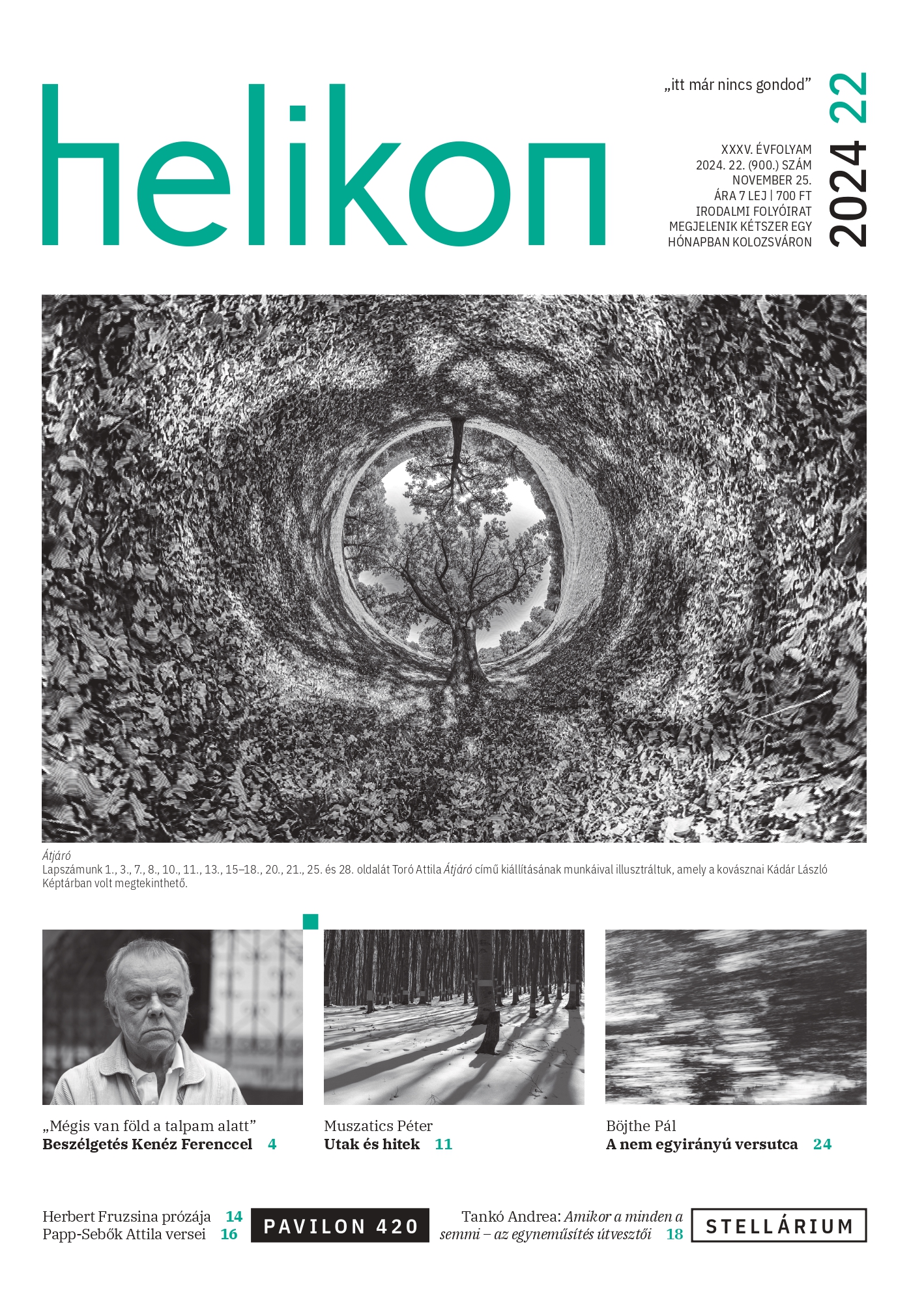Teaching Kate Chopin’s Short Fiction
Kate Chopin (1850-1904) was a significant American writer at the end of the 19th century, best known for her controversial novel The Awakening, although she also wrote over 100 short stories that captured the life and the people of Natchitoches Parish in Louisiana. Chopin was mainly known as a regional writer or local colorist, but in her stories she was mostly interested in the condition and needs of women, discussing such avant-garde subjects as the constraints of marriage, divorce, adultery, and suicide. By looking at several Kate Chopin short stories, this essay proposes various strategies and activities for teaching her short fiction to undergraduate students, as part of a course on American women’s writing, entitled “Women in Literature (1870-1930).”
More...
